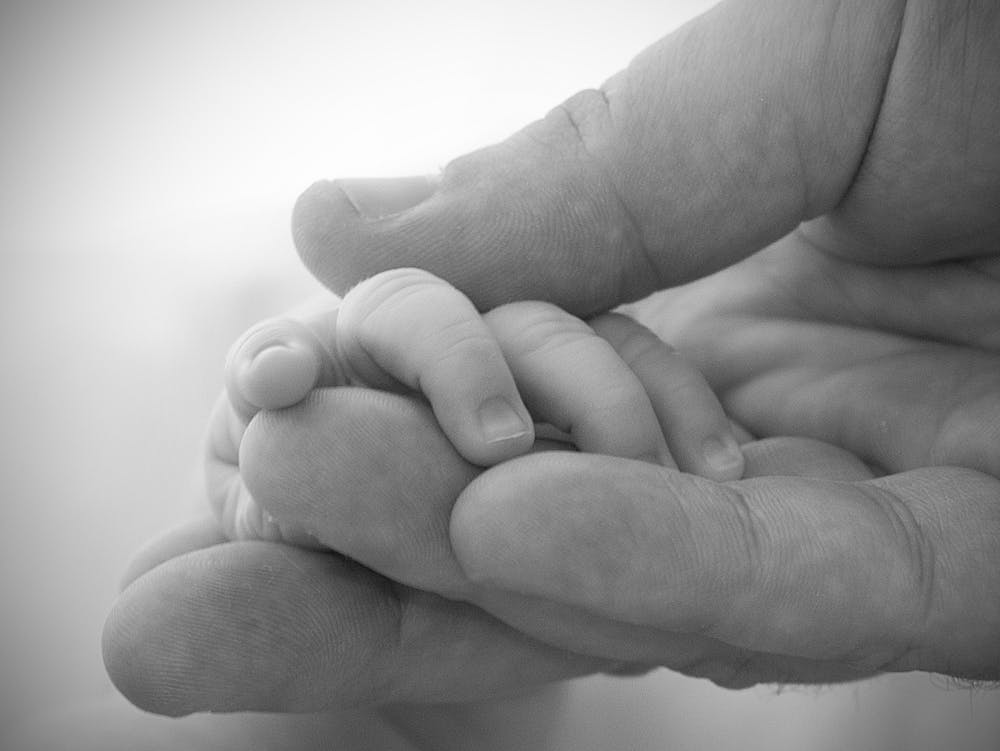By Kelly Kim
Staff Writer
A few days ago, as I was arriving on campus, I saw a dark brown plank with white lettering on it as I approached the entrance. On the plank were the words “Welcome to Lion’s Day” in big, bold lettering. I instantly got a flashback to the first time I ever set foot on campus, which also happened to be Lion’s Day.
Driving the hour-and-a-half to the College, I was reminded of how much time had passed and wondered how warped my sense of time was, because it feels like I was just recently applying to colleges. I then faintly remembered the amount of excitement and pride my immigrant parents had when I was applying to colleges.
On those rare mornings when my dad was up at the same time I was leaving for school at 7:10 a.m., he would always make sure to say, “Remember to have fun! Work hard but have fun while doing it too, that’s most important!”
For as long as I can remember, when it came to my academics or future, my parents have always been a huge motivator as they remind me, through their sacrifices, of the goals that I am working towards.
But for the longest time, that was all I really associated with being a child to immigrant parents: ensuring that their sacrifices, hardships and effort were to be utilized and not wasted, and that this opportunity I had of receiving a higher education was something I was going to take advantage of, because they couldn’t.
It dawned on me that when we talk about the immigrant experience, and how they come to America in search of a better life and opportunities, that’s where the story stops. We gauge how they are doing based on what they’ve accomplished and done for themselves as well as for the country and that seems to be as far as the stories go.
The stories of the children to those immigrant parents is one that is untold, and if it is, it is often the same version of the story every time, mine included.
If I were to take out the reasoning that my motivation to strive in life is due to my parents' sacrifices, then I would be left wondering what my role, as a second-generation Korean American, is within this country.
Am I allowed to be selfish and choose whatever life path I want, even if my parents may disagree with it? Am I allowed to fail and disappoint sometimes despite the chances they’ve given up to see me succeed? Am I entitled to have good things in life when my parents had to give up so much?
There is most definitely more than one narrative to the story. Not all children of immigrants are the same and just because we all could be categorized or called as such, doesn’t mean our experiences can be viewed collectively.
In my experience, I have used my parents as my main motivators for my degree and future, but I also value my own opinion and have learned that it’s okay to be entitled to good things and be selfish about decisions I make for my ultimate future.
While I’ll always be grateful for my parents’ sacrifice, I’m learning to let it guide me through life rather than drive me, serving as a gentle reminder more so than an aggressive one, one that grounds me when needed.







